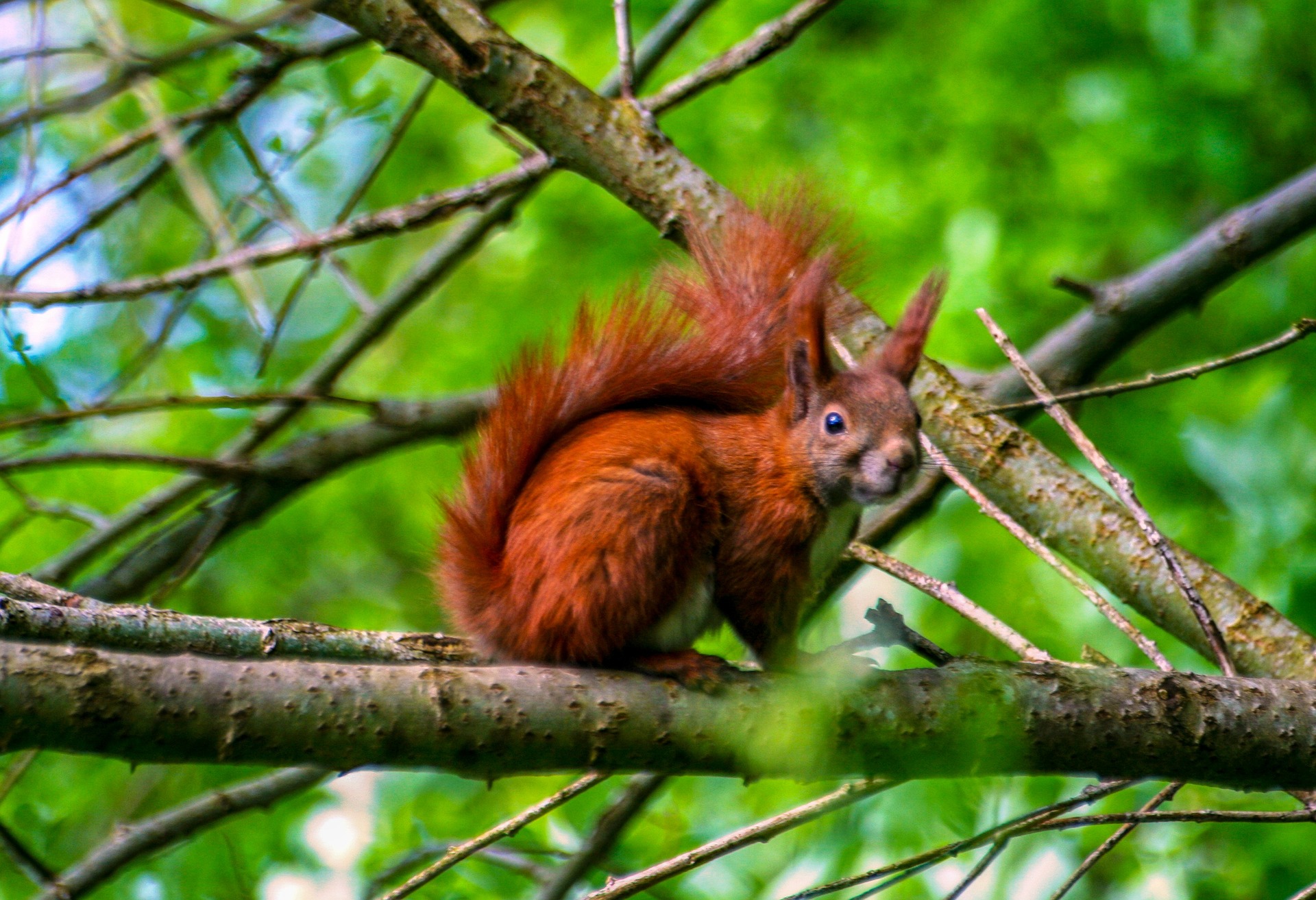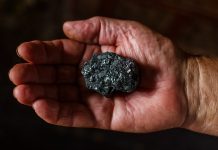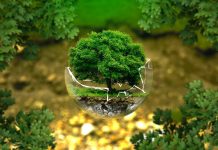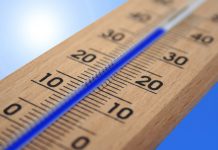
The State of Nature report has found that over a quarter of mammals in the United Kingdom (UK) are at risk of extinction.
Examining data from almost 7,000 species, the report discovered that one in seven species of mammals in the UK were at risk of extinction while 41% of the species studied have experienced a decline since 1970. The report gathered data from more than 70 different organizations, including wildlife groups and government agencies.
According to the report 26% of mammal species were at risk of disappearing altogether. It also showed that almost one in five plants are classified as being at risk of extinction, along with 15% of fungi and lichens, 40% of vertebrates and 12% of invertebrates.
Since 1970, 60% of "priority species" having declined, demonstrating what conservationists call "the great thinning". Overall, there has been a 13% decline in the average abundance of all the species examined.
Lead author Daniel Hayhow from the RSPB said: "We know more about the UK's wildlife than any other country on the planet, and what it is telling us should make us sit up and listen. We need to respond more urgently across the board."
Meanwhile, Rosie Hails, nature and science director at the National Trust, pointed out: "The UK's wildlife is in serious trouble... we are now at a crossroads when we need to pull together with actions rather than words. We need a strong new set of environmental laws to hold our governments and others to account and to set long-term and ambitious targets."
According to the report, the key factor in the loss of species has been the intensification of agriculture. The authors argued that while the boom of agriculture has led to greater food supply, it also had a "dramatic impact on farmland biodiversity". The study discovered that the area of crops treated with pesticides increased by 53% between 1990 and 2010.
Natural England chair Tony Juniper said: "Today's report paints a stark picture of the state of some of our most-loved species. These losses matter as they represent an unraveling of the web on which we depend."






